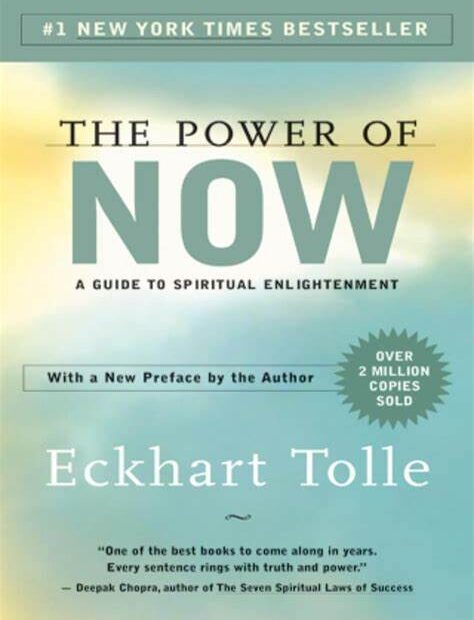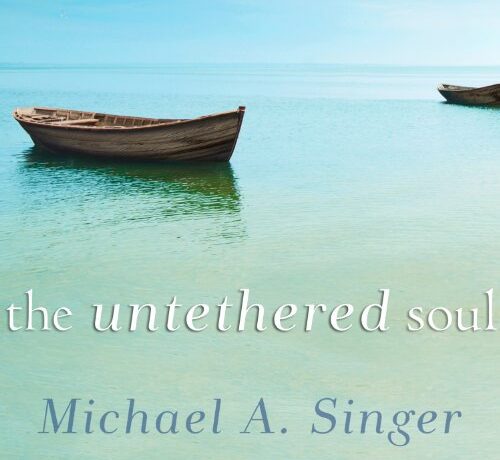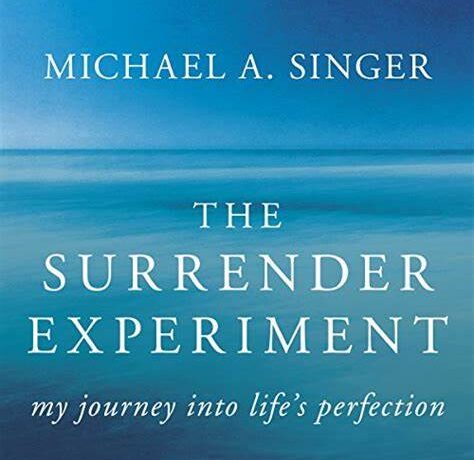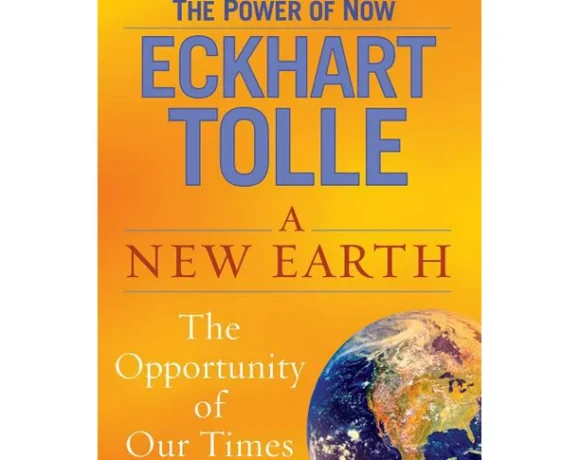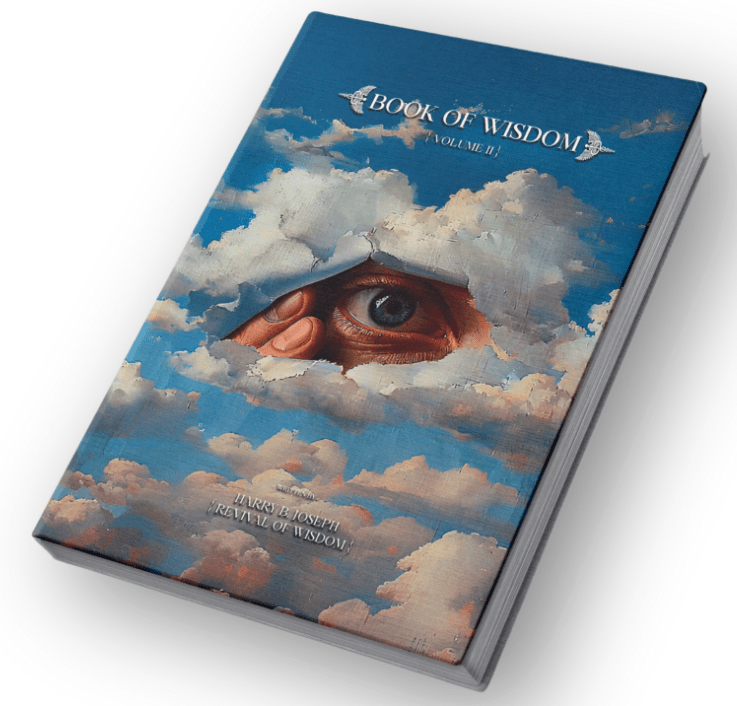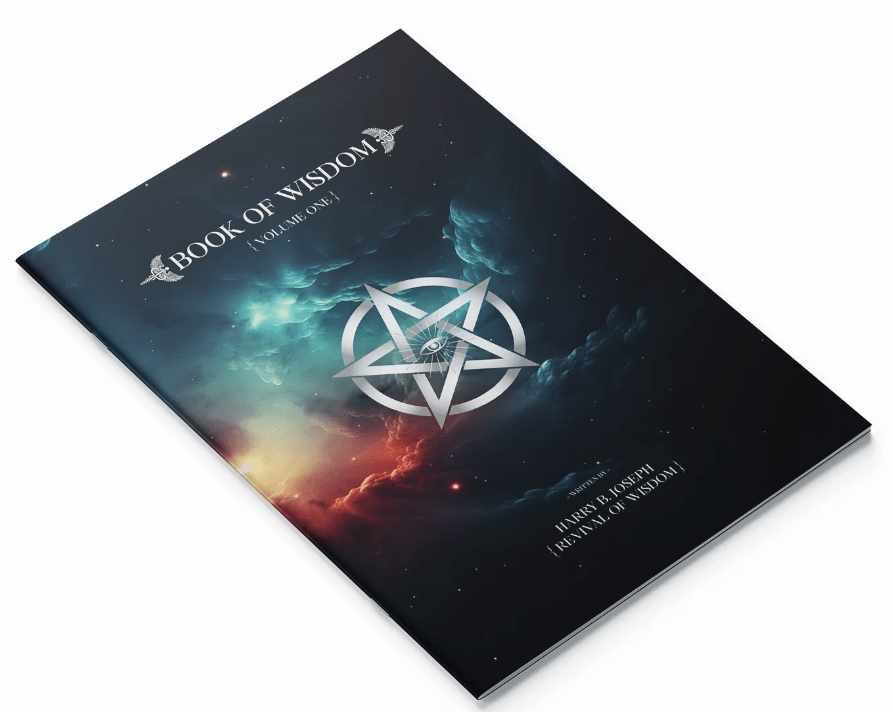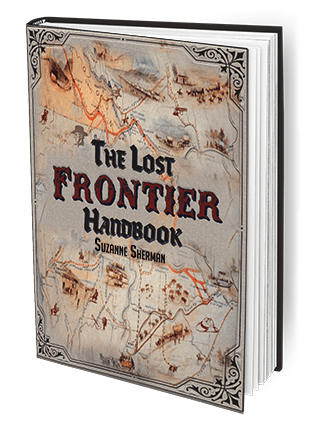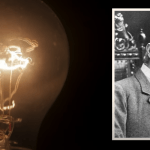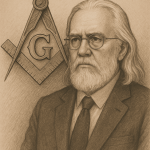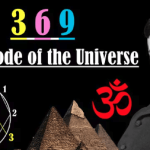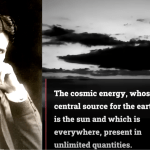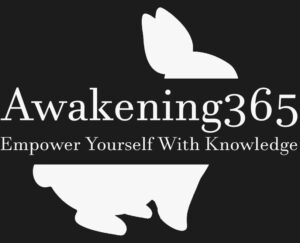In today’s fast-paced world, it’s easy to get caught up in the whirlwind of our daily lives and lose touch with our true selves. Amidst this chaos, Eckhart Tolle’s bestselling book, “The Power of Now” emerges as a beacon of light, guiding readers toward self-awareness, inner peace, and the transformative power of living in the present moment. In this review, I will discuss the key concepts and themes of the book, and explain why it is a must-read for anyone seeking to elevate their understanding of themselves and the world around them.
Overview
First published in 1997, “The Power of Now” has become an international bestseller, selling over two million copies in 33 languages. Its core message is simple yet profound: by shifting our focus to the present moment, we can liberate ourselves from the suffering and limitations imposed by our minds. According to Tolle, our minds have a tendency to dwell on the past or worry about the future, which only serves to distract us from the present. By learning to recognize and disengage from these thought patterns, we can unlock our true potential and experience the fullness of life.
Key Concepts
The Ego
One of the central themes of the book is the concept of the ego, which Tolle defines as our false sense of self. According to Tolle, our egos are made up of the thoughts, emotions, and beliefs that we identify with, which ultimately create a false sense of who we are. This false self seeks to maintain its existence by constantly seeking validation and approval from the outside world, which can lead to feelings of insecurity and inadequacy.
Tolle encourages readers to recognize the ego as a separate entity from their true selves, and to become aware of its presence in their thoughts and emotions. By doing so, they can begin to disengage from the ego’s grasp and find inner peace.
The Pain-Body
Another key concept in “The Power of Now” is the pain-body, a term Tolle uses to describe the accumulation of emotional pain that many of us carry within ourselves. This pain-body is essentially a collection of past traumas, emotional wounds, and negative experiences that we have not yet fully processed or released.
Tolle explains that the pain-body feeds on negative emotions, and when it becomes activated, it can cause us to unconsciously seek out situations or experiences that reinforce our pain. By becoming aware of the pain-body and its triggers, we can begin to dissolve its power over us and free ourselves from its influence.
Presence
At the heart of “The Power of Now” is the concept of presence, or the ability to be fully aware and engaged in the present moment. Tolle argues that presence is the key to finding inner peace and true happiness, as it allows us to escape the confines of our minds and experience the world as it truly is.
To cultivate presence, Tolle suggests various techniques, such as meditation, conscious breathing, and mindfulness exercises. By practicing these techniques regularly, readers can learn to quiet their minds, release their attachment to their egos, and find the peace and tranquility that can only be found in the present moment.
The Power of Now in Action
Throughout the book, Tolle shares numerous real-life examples and anecdotes that illustrate the transformative power of presence. These stories serve to highlight the profound impact that living in the present moment can have on our relationships, our work, and our overall well-being.
For example, Tolle describes the story of a woman who was able to overcome her crippling fear of public speaking by focusing on the present moment and releasing
her attachment to her ego. By doing so, she was able to move beyond her fear and successfully deliver her presentation. This example demonstrates the practical applications of Tolle’s teachings and how they can empower individuals to overcome their personal limitations.
Another powerful example is that of a man who struggled with severe depression for most of his life. After discovering the principles of “The Power of Now,” he was able to transform his mindset and find inner peace by embracing the present moment. This transformation allowed him to release the heavy burden of his past and create a more fulfilling and joyful life for himself.
These stories, along with countless others, showcase the transformative potential of Tolle’s teachings and serve as an inspiration for readers to apply these principles to their own lives.
The Impact of “The Power of Now”
Since its publication, “The Power of Now” has had a significant impact on both individuals and society as a whole. Its teachings have inspired countless readers to seek a deeper understanding of themselves and their place in the world. As a result, the book has been widely embraced by various spiritual and self-improvement communities, and its concepts have become a cornerstone of modern mindfulness practices.
Celebrities, thought leaders, and everyday people alike have praised the book for its transformative power. For example, Oprah Winfrey has publicly endorsed “The Power of Now” and has featured Tolle on her television show and podcast, further amplifying the book’s reach and impact.
The book has also inspired the creation of numerous workshops, retreats, and online courses centered around its teachings. These resources have allowed even more people to benefit from the wisdom of “The Power of Now” and to integrate its principles into their daily lives.
Criticisms and Considerations
While “The Power of Now” has received widespread acclaim, it is not without its critics. Some argue that the book’s emphasis on the present moment can lead to passivity and a lack of motivation for personal growth and self-improvement. Others claim that the concept of the ego as a separate entity is too simplistic and that it undermines the complexity of human psychology.
It is also important to note that Tolle’s teachings are heavily influenced by various spiritual and philosophical traditions, such as Buddhism, Hinduism, and Christian mysticism. Readers who are not familiar with or open to these perspectives may find some of the concepts and language used in the book challenging or off-putting.
However, even with these criticisms in mind, the core message of “The Power of Now” remains valuable and relevant for those seeking to enhance their self-awareness and inner peace.
Conclusion: A Timeless Classic for Personal Growth
In conclusion, “The Power of Now” is a transformative and insightful book that has the potential to profoundly impact the lives of its readers. Its core message of living in the present moment and embracing the power of presence offers a fresh perspective on personal growth and self-improvement.
Despite its critics, the book remains a timeless classic that has resonated with millions of people around the world. I highly recommend “The Power of Now” to anyone seeking a deeper understanding of themselves and the world around them. Whether you are new to the world of personal growth or a seasoned spiritual seeker, the wisdom and insights contained within this book have the potential to profoundly change your life for the better.

